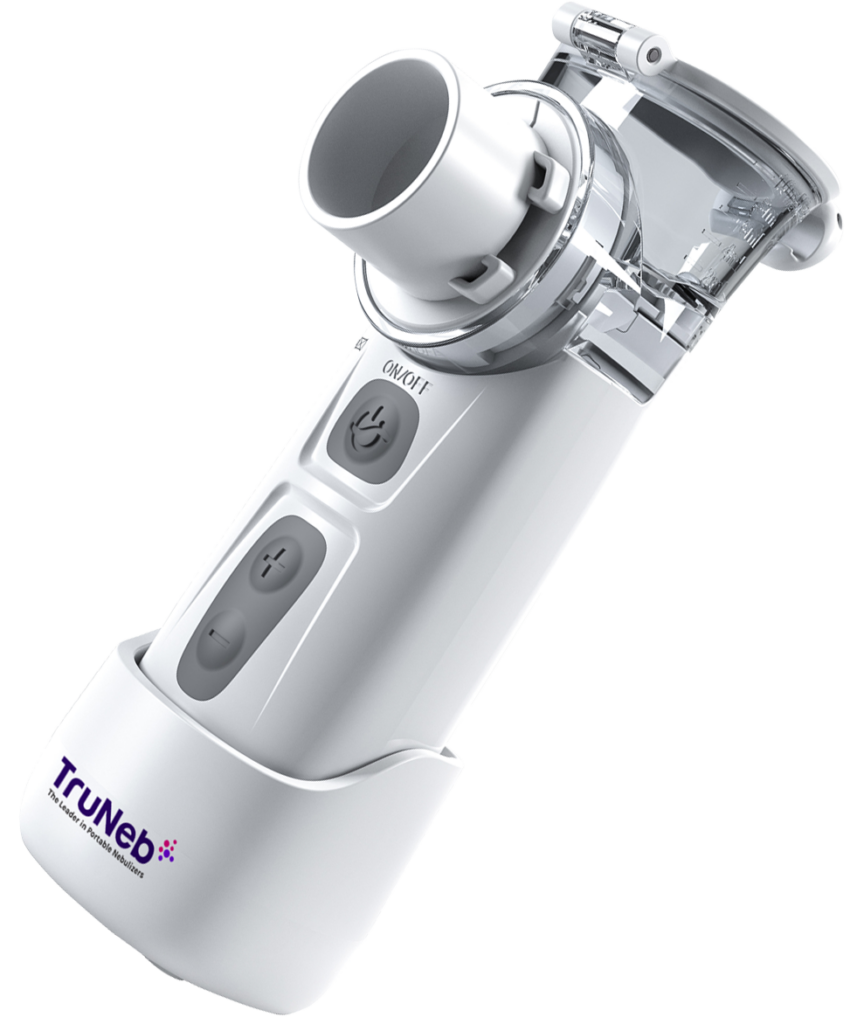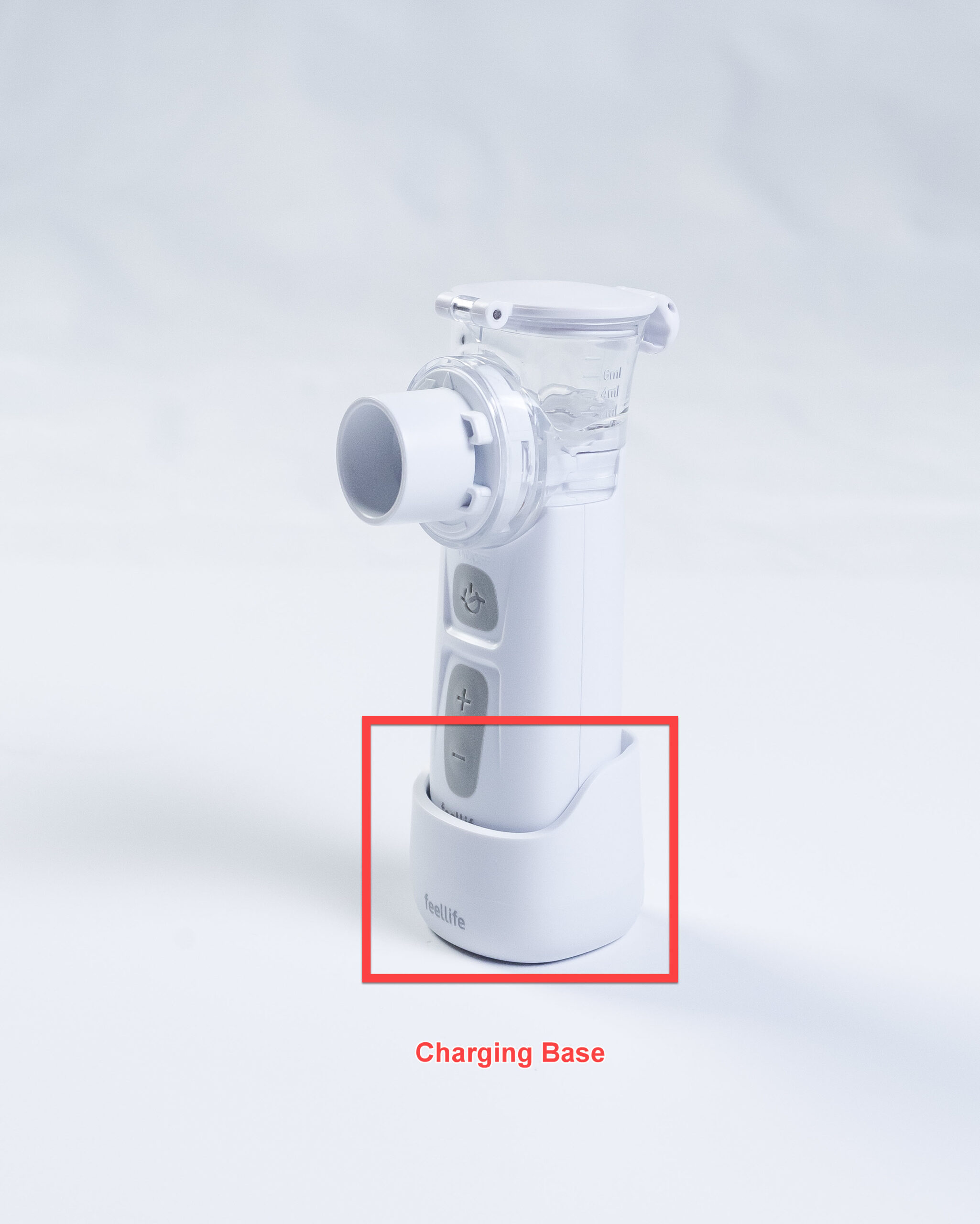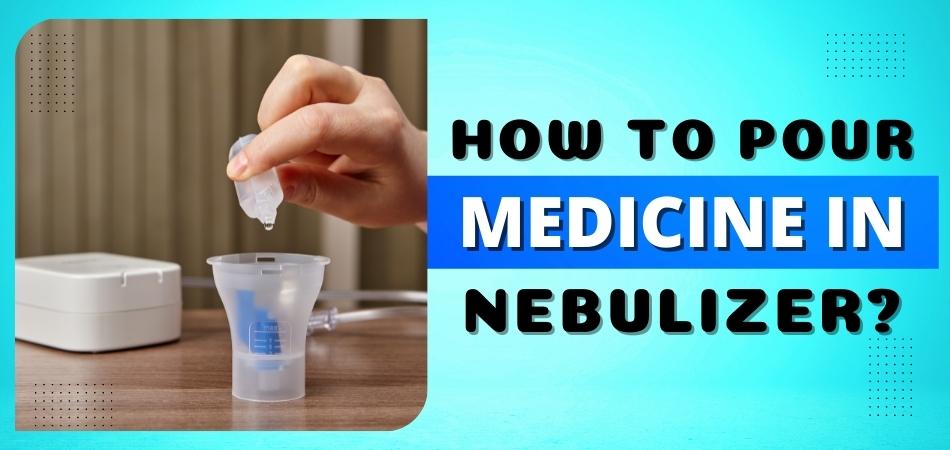Nebulizers are commonly used to deliver asthma medication to children and adults. There are many different medications that can be delivered through a nebulizer, but one of the most common is budesonide.
Budesonide is a corticosteroid that decreases inflammation in the airways, making it easier to breathe. Nebulizing budesonide every day can help keep your asthma under control, but how often you should use it?
The usual dose of budesonide for treating asthma is 2 mg (1 puff) twice a day. The dose may be increased up to 4 mg (2 puffs) twice a day if needed. The usual dose of budesonide for preventing bronchospasm before surgery is 200 mcg (1 puff) once a day.
It is best to use the budesonide nebulizer every day, especially if you suffer from asthma. Make sure to consult with your doctor to find out what works best for you.
What is Budesonide?
Budesonide is a prescription medication used to treat asthma and COPD. It is available in oral and inhalation forms and goes by the brand names Pulmicort, Entocort, and Uceris.

Budesonide belongs to a class of drugs known as corticosteroids. Corticosteroids are hormones that are produced naturally by the adrenal gland.
They have many important functions, including control of inflammation. Budesonide works by decreasing inflammation in the airways. This leads to improved breathing for people with asthma or COPD. Budesonide comes as an inhaler or nebulizer and is usually taken every day.
Some common side effects of budesonide include headaches, sore throat, and cough. Budesonide may also increase the risk of developing infections such as pneumonia. More serious side effects are rare but can occur. Be sure to tell your doctor if you have any side effects while taking budesonide.
How Does Budesonide Works?
Budesonide is a medication that is used to treat inflammation in the lungs. It works by mimicking the action of a hormone that is produced naturally by the body.
This hormone, known as cortisol, helps to regulate the immune system and reduce inflammation. Budesonide belongs to a class of medications known as corticosteroids.
Corticosteroids are synthetic hormones that are similar to cortisol. They are used to treat a variety of conditions that involve inflammation, including asthma, allergies, and Crohn’s disease.
Budesonide is available as an inhaler, nasal spray, and oral tablet. It is usually taken once or twice a day. Common side effects of budesonide include headaches, nausea, and vomiting.
What Are the Benefits of Budesonide?
Budesonide is a medication that is used to treat a variety of conditions, including asthma, allergies, and Crohn’s disease.
It is a corticosteroid, which means that it reduces inflammation. Budesonide is available in three different forms: oral inhalation, nebulizer solution, and inhalation suspension.
The oral inhalation form is used to prevent asthma attacks and is not for use during an asthma attack. The nebulizer solution is used to treat bronchospasm in people with COPD, and the inhalation suspension is used to treat and prevent asthma attacks in children and adults.
The benefits of budesonide include its ability to reduce inflammation, which can lead to symptom relief. Additionally, budesonide is generally well-tolerated and has a low risk of side effects.
Budesonide can be an effective treatment for a variety of conditions, making it an important medication for many people.
This is a prescription medication used to treat and prevent asthma attacks. It belongs to a class of drugs known as corticosteroids, which work by reducing the inflammation in the lungs.
The brand names for budesonide include Pulmicort, Rhinocort, Entocort, and Uceris. Budesonide is also available as a generic drug. Generic drugs are usually less expensive than brand-name drugs.
How Often Should I Use Budesonide?
Budesonide is a prescription medication that is used to treat a variety of conditions, including asthma, allergies, and Crohn’s disease. When used as directed by a doctor, budesonide is safe and effective.

However, some people may experience side effects such as headaches, nausea, and difficulty sleeping. In most cases, these side effects are mild and go away on their own.
However, if they persist or become severe, it is important to speak with a doctor. As for how often budesonide should be used, it depends on the condition being treated.
For example, people with asthma may need to use it every day to control their symptoms. On the other hand, people with allergies may only need to use it when they are exposed to triggers such as pollen or dust. Ultimately, the decision of how often to use budesonide should be made by a doctor.
Budesonide is used to treat seasonal and year-round allergies in adults and children as young as 2 years old. It is also used to treat certain types of non-infectious swelling ( inflammatory conditions) of the nose and lungs in adults and children as young as 6 months old.
Important information:
You should not use budesonide if you are allergic to it, or if you have ever had TB, or if you are pregnant. Steroids can make it harder for your body to fight infection.
Avoid being near people who are sick or have diseases such as measles or chickenpox. Do not receive a “live” vaccine while using budesonide inhaled, or you could develop a serious infection.
Call your doctor at once if you have any signs of infection such as fever, chills, body aches, flu symptoms, sores in your mouth, and throat wheezing.
Also, chest pain, fast heartbeats, feeling short of breath (even with mild exertion), increased thirst or urination, sudden weight gain, swelling in your ankles or feet, bruising, or skin changes where the medication is injected easy bruising vision problems sleep problems (insomnia).
Budesonide can affect growth in children. Talk with your doctor if you think your child is not growing at a normal rate while using budesonide.
What Are The Side Effects Of Budesonide?
Budesonide is a medication that is used to treat asthma and other respiratory conditions. It is available as an inhaler, a nebulizer, and an oral medication. Budesonide is also available under the brand names Pulmicort and Rhinocort.
There are some precautions that should be taken when using budesonide. It should not be used by people who are allergic to it or to any of the ingredients in the medication.
If you have had a recent fungal infection, you should not use this medication until the infection has cleared. Budesonide should not be used by children under the age of 5 unless directed by a doctor.
The most common side effects of budesonide are headaches, nosebleeds, and sore throat. These side effects are usually mild and go away on their own. If you experience more severe side effects, such as difficulty breathing or swallowing, you should contact your doctor immediately.
Budesonide vs. Other Inhalers
Budesonide (Pulmicort, Rhinocort Aqua) is a man-made steroid that prevents the release of substances in the body that cause inflammation. Budesonide is used to treat the symptoms of asthma. It will not cure asthma or prevent attacks.
Budesonide is also used to prevent bronchospasm in people with chronic obstructive pulmonary disease (COPD), including bronchitis and emphysema. Budesonide may also be used for purposes not listed in this medication guide.
You should not use budesonide if you are allergic to it. Follow all directions on your medicine label and package. Tell each of your healthcare providers about all your medical conditions, allergies, and all medicines you use.
Budesonide Nebulizer Instructions
Budesonide is a steroid that reduces inflammation in the body. Budesonide is used to treat nasal symptoms such as congestion, sneezing, and runny nose caused by seasonal or year-round allergies.
Budesonide is also used to treat symptoms of non-allergic rhinitis such as runny nose and sneezing. This medication will not treat a viral infection such as the flu or common cold.
The brands Pulmicort Respules and Pulmicort Flexhaler are suspension inhalers that contain dry powder budesonide. Suspension inhalers are sometimes called nebulizers.
A nebulizer is a small machine that turns liquid medicine into a fine mist that you inhale through a mouthpiece or mask.
Budesonide solution for oral inhalation (HFA) is an aerosolized oral suspension that comes in an aerosol canister with a built-in dose indicator.
The HFA formulation of budesonide should not be confused with other aerosolized asthma medications that do not contain steroids which are often referred to as “bronchodilators.”
Your doctor will tell you how many puffs of budesonide to take and how often to use your inhaler. Do not use more or less of this medication than prescribed by your doctor.
Follow the directions on your prescription label carefully, and ask your doctor or pharmacist to explain any part you do not understand. Use budesonide exactly as directed.
FAQ about Budesonide Nebulizer
What is a budesonide nebulizer?
A budesonide nebulizer is a device that delivers medication to the lungs in the form of a fine mist. The medication, which is usually an inhaled steroid, helps to reduce inflammation and improve symptoms of asthma or other respiratory conditions.
How long does each treatment with my budesonide nebulizer take?
The length of each treatment will vary depending on the specific medication being used and the severity of your condition. Most treatments last between five and 15 minutes.
Can I use my budesonide nebulizer while pregnant or breastfeeding?
There is no definitive answer to this question as the safety of using budesonide nebulizers during pregnancy or breastfeeding has not been well studied.
However, because the medication is delivered directly to the lungs, it is unlikely that it would pose a significant risk to either the mother or the child.
If you are pregnant or breastfeeding, you should consult with your doctor before using a budesonide nebulizer.
What if I forget to use my budesonide nebulizer?
If you forget to use your nebulizer for a scheduled treatment, you should do so as soon as possible. However, if it is almost time for your next scheduled treatment, you can skip the missed dose and resume your normal dosing schedule.
Where Can I Get A Budesonide Nebulizer?
Budesonide nebulizers are available by prescription from your doctor. You may also be able to purchase them over-the-counter at some pharmacies or online retailers.
Are there any other important things I should know?
Budesonide nebulizers are a safe and effective way to treat asthma and other respiratory conditions. However, as with any medication, there is always the potential for side effects.
If you experience any severe side effects, you should seek medical attention immediately. In addition, it is important to follow the instructions of your doctor or pharmacist when using a budesonide nebulizer.
Conclusion
Although budesonide nebulizers and how often to use may seem like a lot of work, it is worth it to keep your lungs healthy and functioning properly.
Following the tips we’ve outlined in this blog post should help make using a nebulizer easier and more effective for you. Make sure to talk to your doctor about any questions or concerns you have about using a budesonide nebulizer and how often to use it.



